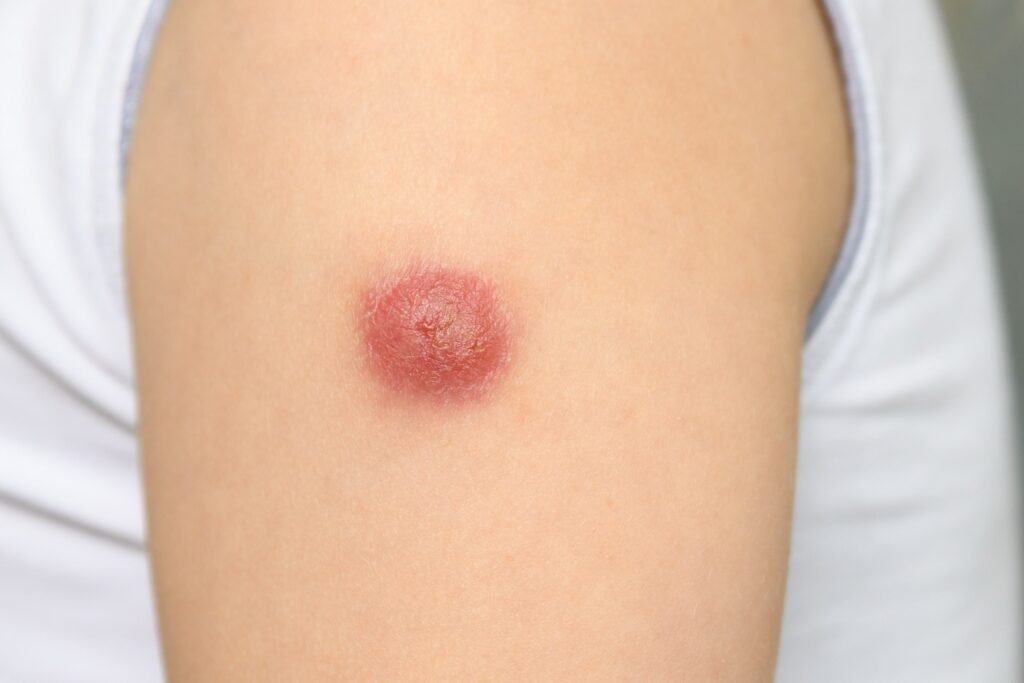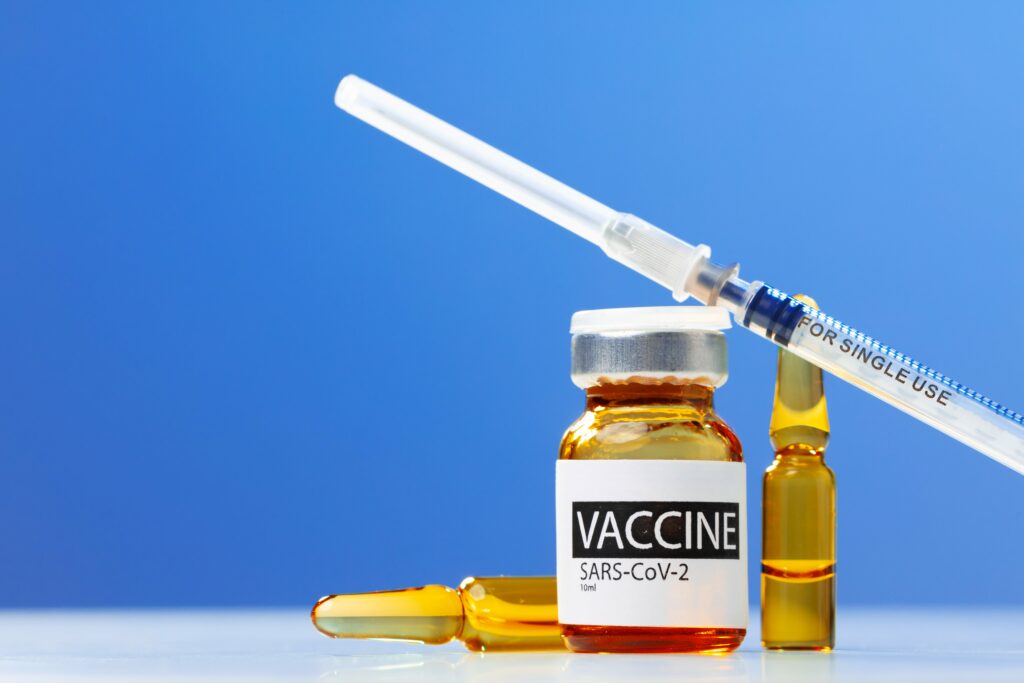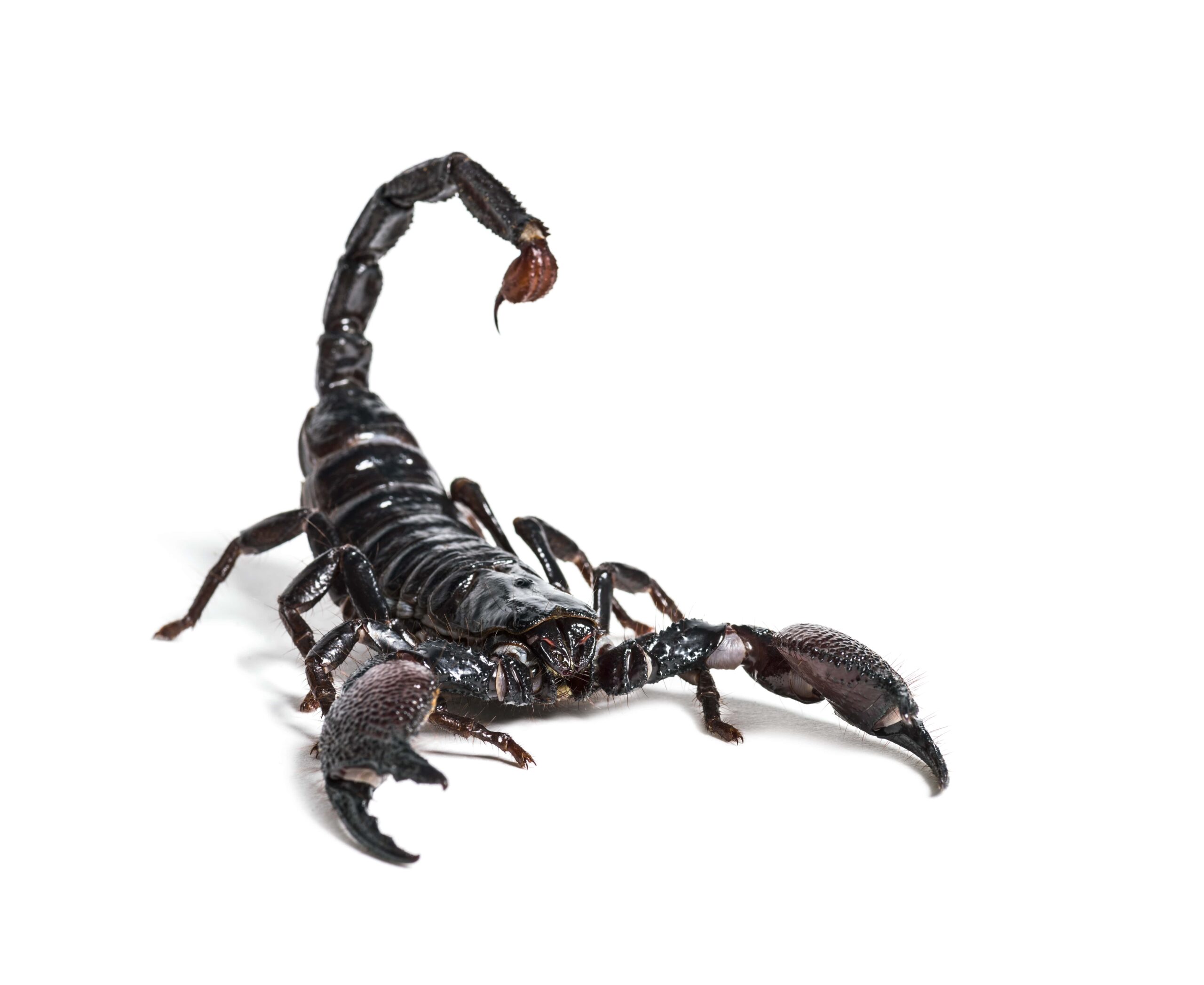Can you die from a scorpion sting?
A brief overview of scorpions and their stings
Scorpions are arachnids known for their eight legs, long tail, and venomous sting. They are found in many parts of the world, including Central and South America, Africa, the Middle East, and parts of North America such as New Mexico. Scorpions live in a variety of habitats ranging from deserts to forests.
Scorpion stings can be painful and cause serious symptoms. The severity of the symptoms depends on several factors, including the species of scorpion, the amount of venom injected, and the individual’s sensitivity to the venom.
Most bee stings result in localized pain and swelling at the site of the sting. However, some people may experience more severe symptoms such as nausea, vomiting, breathing difficulties, or convulsions.
Decoding the Scorpion’s Toxic Enigma: A Closer Look at Scorpion Stings and Venom! Take a closer look at the enigmatic world of scorpion stings and the venomous effects they produce. Delve into our informative article on scorpion sting and venom to unravel the secrets of these toxic encounters!
Question: Can you die from a scorpion sting?
The short answer is yes – it is possible to die from a scorpion sting. However, it is important to note that deaths resulting from scorpion stings are rare.
There have been very few deaths reported worldwide due to scorpion stings. It is important to seek medical attention immediately if you experience severe symptoms after being stung by a scorpion.
While most people will not experience serious reactions or complications from a scorpion sting with prompt treatment most cases resolve without incident. In this article we will explore in detail what happens when you are stung by a scorpion as well as when it becomes a life-threatening condition in-threatening so that you understand how quickly action must be taken if there are any serious symptoms present after an encounter with these creatures.
Scorpion Venom 101

What is Venom?
Before we dive into scorpion venom, let’s first understand what venom is. Venom is a poisonous substance secreted by animals like snakes, spiders, and scorpions that can cause harm or even death to their prey or predators. Unlike poison, which needs to be ingested or touched to cause harm, venom must be injected into the bloodstream.
How does Scorpion Venom Work?
Scorpion venom contains a mixture of neurotoxins and proteins that affect the nervous system and muscles of their prey. When a scorpion stings its victim, the venom enters the bloodstream and spreads rapidly throughout the body. The neurotoxins in the venom interfere with nerve impulses and can cause severe muscle spasms, paralysis, or convulsions.
Types of Scorpion Venom
There are over 1,750 known species of scorpions worldwide but only about 25 have venom that can be fatal to humans. The most dangerous species are found in North Africa and the Middle East such as the fat-tail scorpion and deathstalker scorpion. In North America, it’s the bark scorpion that poses a significant risk.
The severity of symptoms caused by a sting depends on various factors such as age and size of the person stung, location of the sting site on their body as well as type (and dose) of venom injected. It’s essential to know these details when dealing with an emergency involving a potentially venomous scorpion sting.
The Danger of Scorpion Stings
Symptoms of a scorpion sting

Scorpion stings are painful, and the symptoms of subsequent stings can vary depending on the type of scorpion and the victim’s sensitivity. Most stings cause localized pain, swelling, and redness around the sting site.
However, in some cases, more severe symptoms may occur. These can include numbness or tingling in affected areas, muscle twitching or spasms, difficulty breathing or swallowing, high blood pressure, rapid heartbeat, fever or chills.
Young children and elderly people are at higher risk for developing more severe symptoms after a scorpion antivenom or sting. If you see any of these effects after being stung by a scorpion envenomation immediately contact your doctor.
When to seek medical attention
In most cases where typical symptoms appear following a sting from one of the more dangerous species of scorpions, it is recommended that patients go to an emergency room if they suspect that they have been stung by any scorpions glow a potentially life-threatening species. However healthy adults may not need to go to an emergency department right away unless they experience any unusual symptoms. If someone experiences unusual or life-threatening symptoms such as difficulty breathing or swallowing after being stung by a scorpion it is recommended that they seek immediate medical attention at either their local hospital’s emergency room or call for emergency medical assistance.
Countries with the deadliest species
Most species of scorpions aren’t deadly to humans but there are certain parts of the world where dangerous and even lethal species reside. The Middle East has quite possibly some of the deadliest scorpion species ever known including Deathstalker Scorpions which contain toxins capable enough when injected into humans could cause massive pain and paralysis which could lead to death if not treated immediately. Additionally, other countries such as Mexico house venomous bite causing creatures like Bark Scorpions causing symptoms such as burning sensations, diarrhea, nausea, and vomiting which can lead to dehydration and intensive care.
Can You Die from a Scorpion Sting?
Factors that Affect the Severity of a Sting
The severity of a scorpion sting depends on various factors. The first factor is the species of scorpion that stung you. Some species like the Arizona Bark Scorpion have potent venom than others, making their sting more severe.
Another factor is the amount of venom injected into your body; a large amount of venom will cause more severe symptoms than a small amount inject venom. The third factor is the location of the string.
Stings on soft tissue or sensitive areas like the face and neck can be more severe because there are many blood vessels in these areas, leading to the faster spread of venom to other parts of your body. Age and overall health can also affect how well you recover from a scorpion sting.
Mortality Rates Associated with Different Species
Not all species of scorpions are lethal; in fact, very few deaths occur from scorpion stings per year. However, some species of bark scorpions have higher mortality rates than others.
For example, Tityus serrulatus found in Brazil has been responsible for many fatalities because it injects large amounts of potent venom when it stings its victim. In North Africa and parts of Asia and Europe, Leiurus quinquestriatus (also known as deathstalker) is considered one of the most dangerous species due to its potent venom that can cause respiratory failure in humans if left untreated.
Case Studies Fatal Stings
There are documented cases where people died after being stung by scorpions. In Mexico, for example, around 1000 people die each year as a result of being stung by bark scorpions – one of the most venomous species in North America. In 2008, an Indian man died after being stung by an Indian Red Scorpion.
He was bitten on the chest, and the venom quickly spread to his organs, causing severe respiratory distress and heart failure. The man died before reaching a hospital.
In another case in 2017, a woman from Arizona died after being stung by a scorpion while on vacation in Mexico. The woman had a severe allergic reaction to the venom and went into cardiac arrest before she could get to an emergency room.
While deaths from scorpion stings are rare, they can happen – especially if you don’t seek medical attention promptly after being stung. If you or someone you know has been stung by a venomous scorpion, it’s important to call Poison Control or seek medical help right away.
Treatment for Scorpion Stings

First Aid Measures to Take After Being Stung
If you are stung by a scorpion, it is important to act quickly to reduce the severity of the symptoms. The first thing you should do is wash the affected area with soap and water.
This will help remove any venom that may be left on your skin and reduce the risk of infection. You should then apply a cold compress or ice pack to the sting site.
This will help reduce pain and swelling, which are common symptoms of scorpion stings. It’s important to avoid applying heat, as this can make the symptoms of scorpion’s stinger worse.
It’s also recommended that you elevate the affected limb if possible. This will help slow down the spread of venom throughout your body, which can be particularly helpful in cases where more serious symptoms begin to appear.
Medical Treatments Available
In some cases, scorpion stings can cause life-threatening symptoms that require immediate medical attention. If you experience severe symptoms such as trouble breathing, anaphylaxis caused by an allergic reaction or muscle paralysis after being stung, it’s essential that you seek professional help right away. In many cases, treatment for scorpion stings involves supportive care measures such as pain relief medication and anti-inflammatory drugs to manage swelling caused by the stinger or venom injection.
In severe cases – especially when children, older adults, or those with other underlying health conditions are involved – anti-venom might be required. If you’re unsure about what to do after being stung by a scorpion or if your symptoms worsen over time despite the home remedies describethe d above seek advice from poison control immediately.
Importance of Seeking Professional Help
It is important always to pay close attention once stung by a scorpion. Some people might only experience mild symptoms like redness and pain around the sting spot, but others can feel life-threatening symptoms that only a healthcare professional can manage.
It’s important to seek professional help if you experience any serious symptoms like difficulty breathing or swelling around the face, throat, or tongue. Also, if you are not sure about how severe your symptoms are, it’s always best to seek medical attention just to be safe.
Scorpion stings might not always be fatal, however, it is essential to remember that leaving a scorpion’s sting untreated could lead to possible complications. Seeking medical attention as soon as possible is crucial in preventing complications and treating scorpion stings effectively.
Prevention and Precautions
Tips on avoiding encounters with scorpions
Scorpions are found all over the world, but they tend to thrive in hot, arid regions like North Africa and Central America. To avoid encountering scorpions, it’s important to be aware of your surroundings. If you’re hiking or exploring in areas where scorpions live, make sure you wear appropriate footwear and clothing.
Avoid flipping over rocks or logs without checking for scorpions first. Scorpions are most active at night, so it’s important to be extra cautious if you’re traveling after dark.
Use a flashlight to see where you’re walking, especially in areas with lots of rocks or debris that could hide scorpions. If you’re camping or sleeping outside, make sure your tent is properly sealed to prevent scorpions from getting inside.
Protective measures to take in high-risk areas
If you live or work in an area where venomous scorpion stings are common, there are several steps you can take to protect yourself. Keep your home or workspace clean and clutter-free, since scorpions often hide in dark corners or piles of debris.
Seal any cracks or gaps around doors and windows to prevent scorpions from getting inside. When spending time outdoors in high-risk areas, wear protective clothing like long pants and boots that cover the ankles.
Keep grass closely mowed and remove debris from around the perimeter of your property. If possible, avoid sleeping on the ground when camping – a hammock can be a safer alternative.
Remember that even with all these precautions, there is still a chance of being stung by a venomous scorpion. If this happens, seek medical attention immediately.
While most scorpion stings result in mild symptoms like pain and swelling, there is always a risk of more severe symptoms or even death in rare cases. It’s important to be aware of the risks associated with scorpion envenomation and take appropriate precautions when spending time in high-risk areas.
With proper prevention measures and prompt medical attention in case of a sting, the chances of a serious outcome are very low. By staying informed and taking steps to protect yourself, you can enjoy exploring the outdoors without fear of encountering these fascinating but potentially dangerous creatures.
Conclusion
Recap on key points discussed in the article.
Scorpion stings are a common occurrence in regions where scorpions live. Most scorpion stings are painful but not fatal. Still, some species of scorpions, such as the deathstalker and fat-tailed scorpion, can be deadly.
The venom injected by these species can cause severe symptoms and death if medical care is not received quickly. When it comes to scorpions, prevention is key.
It’s essential to take precautions when in high-risk areas, such as wearing protective clothing and avoiding dark corners or crevices where they may hide. If stung by a scorpion, it’s crucial to seek medical attention immediately.
Final thoughts on the question “Can you die from a scorpion sting?”
Although the thought of being stung by a deadly scorpion can be terrifying, it’s important to remember that most scorpion stings result in mild symptoms and do not pose a significant threat to human life. However, for those living in regions with high-risk species or with severe allergic reactions to venom, it’s critical to take extra precautions and receive medical care immediately if stung.
Overall, while it’s possible to die from a scorpion sting if left untreated or caused severe anaphylaxis caused by the venom spread throughout your body through your bloodstream affecting your nervous system and eventually leading to high blood pressure. Receiving prompt medical care is crucial for surviving serious cases of envenomation; most people who receive proper treatment recover without issue with only mild symptoms visible like inconsolable crying or swelling around the area affected by their stinger which will always glow under ultraviolet light thanks to its fluorescent quality sparked interest among researchers across Central America and South America who study these creatures’ unique characteristics.
Eliminate Scorpions with D-Termination: The top-notch pest control solution in Las Vegas

Worried about scorpions infiltrating your Las Vegas property? Rest assured, as D-Termination is here to offer comprehensive assistance. Our team of skilled professionals specializes in eradicating these venomous pests, ensuring the safety and security of your space. Bid farewell to scorpion concerns and make the proactive choice of selecting D-Termination for highly effective pest control services today!
To book your scorpion control service and reclaim your space from these unsettling pests, get in touch with us at 702-919-6310 or visit dtermination.com.
Frequently Asked Questions:
Yes, most people can survive a scorpion sting.
When stung by a scorpion, symptoms can range from mild pain and swelling to more severe reactions, depending on the species and individual sensitivity.
The chances of survival following a scorpion sting are generally high, especially with prompt medical attention if needed.
While not all scorpion stings require hospitalization, it is recommended to seek medical attention, especially in cases of severe symptoms or if you are unsure about the species of scorpion involved.
If you found this article engaging, you might also appreciate diving into these suggested articles:
What Does a Scorpion Sting Look Like?
Stung and Suffering: Understanding the Duration of Scorpion Stings








